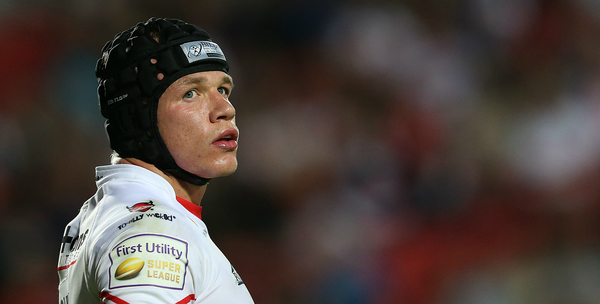 Like most things in rugby league, the issue of the Rugby Football League opting to centrally contract a select group of players is going to massively divide opinion.
First of all, I think it's a huge step forward in regards to the plans that were approved this year relating to talent retention. Yes, the £25,000 salary bonus isn't going to step
Like most things in rugby league, the issue of the Rugby Football League opting to centrally contract a select group of players is going to massively divide opinion.
First of all, I think it's a huge step forward in regards to the plans that were approved this year relating to talent retention. Yes, the £25,000 salary bonus isn't going to step COLUMN: Central contracts are a good step forward: but should all clubs get access?
 Like most things in rugby league, the issue of the Rugby Football League opting to centrally contract a select group of players is going to massively divide opinion.
First of all, I think it's a huge step forward in regards to the plans that were approved this year relating to talent retention. Yes, the £25,000 salary bonus isn't going to step
Like most things in rugby league, the issue of the Rugby Football League opting to centrally contract a select group of players is going to massively divide opinion.
First of all, I think it's a huge step forward in regards to the plans that were approved this year relating to talent retention. Yes, the £25,000 salary bonus isn't going to step 
